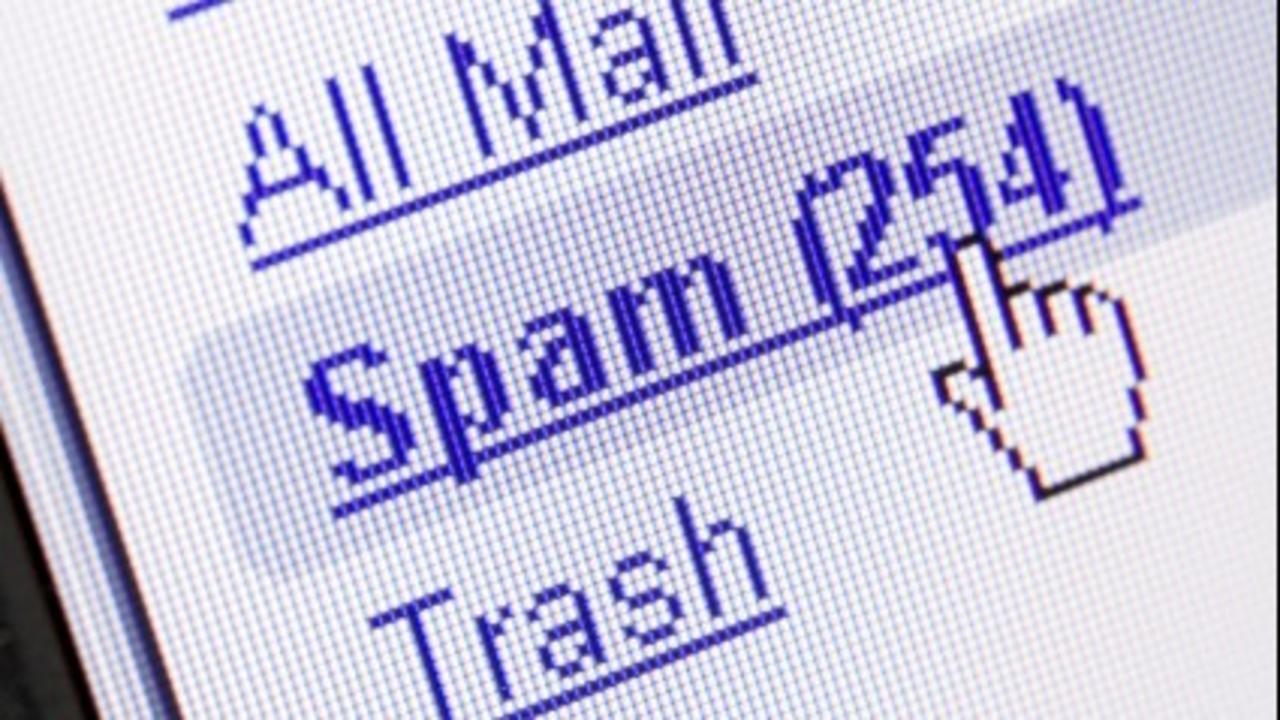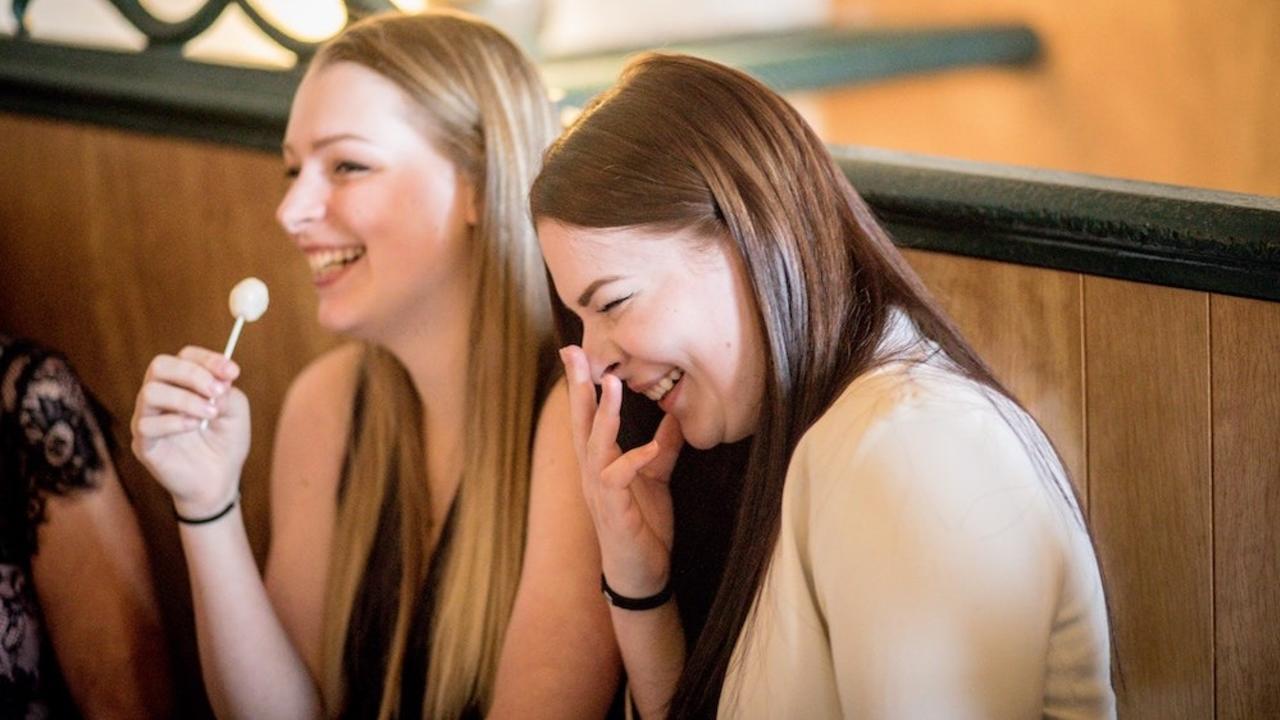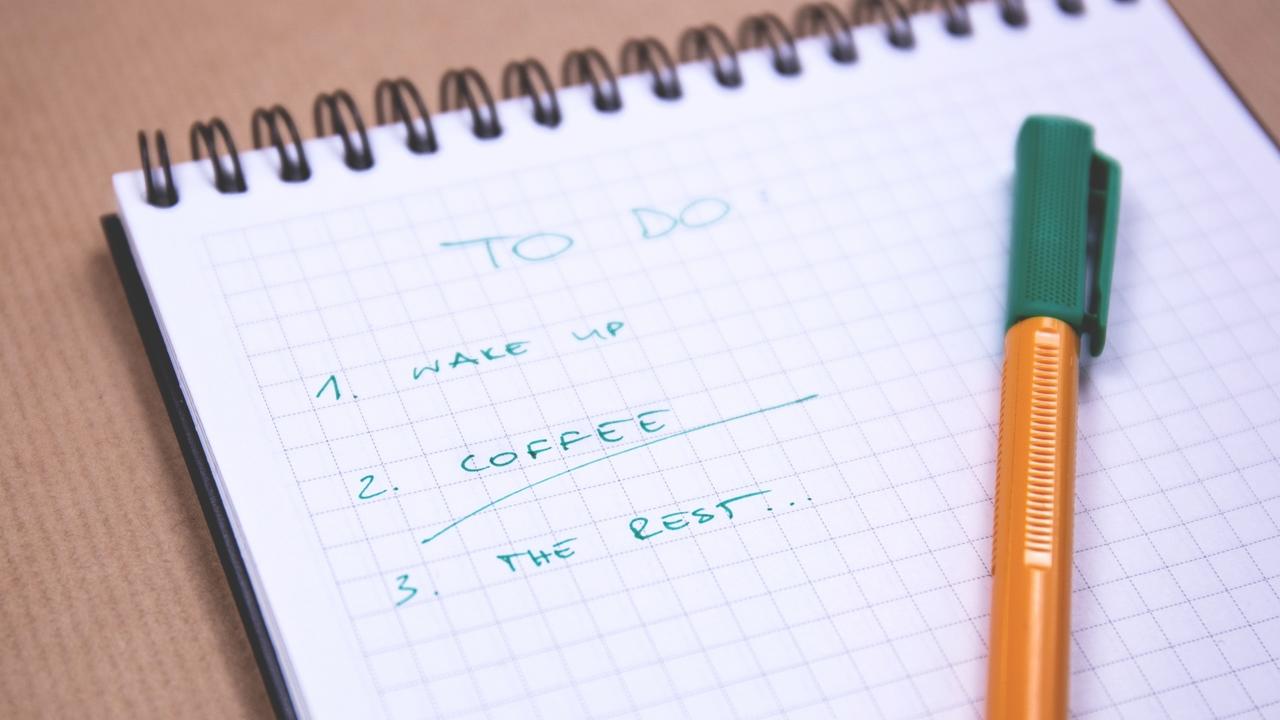Catching up with Karyn
What’s So Funny About Diabetes: Is SPAM Part of Your Healthy Diet?

If you’re interested in using humor to more effectively manage your diabetes, it’s good to know that you’ll find things to laugh at all around you. We live in a funny, funny world!
Some people don’t believe me when I say that. They come up to me after performances and tell me that nothing humorous ever happens when they’re in the vicinity. There are no funny headlines in their newspaper. They don’t see any funny billboards during their commute. Their world, they assure me, is totally devoid of humor.
That’s when I tell them the secret of a truly healthy diet: SPAM.
No, not that SPAM. I’ll be talking about everybody’s favorite processed pork shoulder product and the role it plays in a healthy diet in a future volume of the What’s So Funny About book series, probably in “What’s So Funny About Being a Nutritionist?”.
Today I want to talk about the other kind of SPAM. If you get e-mail, use Facebook, Twitter, or any social media, or have any behinds-the-scenes access to a website or bl...
What’s So Funny About Diabetes: A Farewell To Jim Unger

“We all think we’re so different, and we’re not.” These wise words come from cartoonist Jim Unger, who died earlier today. You might recognize his comic strip, "Herman" – the series has run in newspapers for years, and has been a reliable source of genuine (if sometimes bittersweet!) chuckles. If you’ve never had the opportunity to spend some time with Herman, I urge you to clear some time in the schedule and do so STAT!
Cartoons are a particularly powerful way to increase the amount of humor in your life. The logical part of our mind reacts to the language used in a joke, but to reach the subconscious mind – where the most powerful, primal emotions reside – you need imagery. The best cartoons combine funny language with side-splitting imagery for an intense humor experience.
And make no mistake: Jim Unger’s cartoons are among the best. They really illustrate that humor unites us. We can all recognize the people in Herman: they’re our friends and neighbors, our colleagues and co-work...
What’s So Funny About Diabetes: Humor Teaches!

I have to tell you all that I’m really pumped up. I’ve just returned from speaking to the National Association of School Nurses. They’re an amazing, vibrant group of professionals who provide top-quality health care and education. I’ve got to say they’ve caused me to reflect on exactly how much healthcare education you do when you’re a person with diabetes.
That’s right. We’re the ones who wind up doing the educating – despite the fact that the whole world is full of people who are convinced that they know more than you do about your diabetes! If you’ve ever gotten The Lecture from a well-intentioned relative who’s convinced you cure diabetes by avoiding all white foods, you know what I’m talking about.
In What’s So Funny About Diabetes?: A Creative Approach to Coping with Your Disease you’ll find useful ways to use humor to provide this education. Humor can make difficult conversations easier – that’s why you’ll often see politicians using jokes to ‘soften’ a crowd, particularly bef...
What’s So Funny About Diabetes: The Power of Storytelling

How likely are you to develop diabetes? The answer to that question can have a lot to do with what community you belong to. Diabetes is far more prevalent among some groups of people. If you are a Native person, you are 2.6 times more likely to wind up with diabetes than a non-Hispanic White person. Understanding why that happens is a long, lengthy discussion about complex social and health factors. We could do that – but let’s have some fun instead, and talk about how the Native tradition of storytelling is being used to help educate and empower people with the skills they need for better diabetes management.
According to this great article in The Kansas City Star, Rhonda LaValdo and Teresa Trumbly Lamsam were seeking a way to help combat the epidemic levels of diabetes in the Native community.
Storytelling is a traditional part of Native culture for many reasons. Stories entertain, but they also convey valuable information. You can learn a lot about people by listening to their sto...
What’s So Funny About Diabetes: What Makes the Funny Funny?

As a humor researcher, one of the things I’m passionately interested in is the logistics of humor. I want to know what makes something funny. What is it about a joke, silly song, cute cartoon, or comedian’s routine that prompts us to laugh?
This isn’t idle curiosity. If we can identify the essential elements of humor, then we can take proactive steps to introduce those elements into our lives and enjoy more laughter. More laughter means better blood sugar control, lower blood pressure, and more effective stress management – good news for all of us!
One thing that makes the research challenging is the fact that there’s no one universally accepted definition of funny. We don’t all find the same things humorous. Take a show like America’s Funniest Home Videos – a program composed almost entirely of embarrassing moments, pranks, pitfalls, and painfully bad ideas. Some people watch a would-be daredevil ride his bike off of the roof into the shrubbery and find the sight hysterically funny...
What’s So Funny About Diabetes: Learning How To Laugh

"Real laughter has always been something that I seem to struggle with. I can’t remember the last time I laughed so hard I almost cried…or had such a deep laugh that my belly hurt. I grew up in a house where there wasn’t much laughter and feel like I didn’t learn this behavior. Any thoughts or suggestions?"
I get messages like this one more often than you might expect. Many people have been raised without humor and laughter playing an important role during their formative years. There are a number of reasons why this can happen. Different cultures, and different families, place a different premium on the value of laughter.
An article by Helen Dennis provides a great example:
“My parents were immigrants. Work was a way of life in order to make it in America. To waste time was almost sinful. Play was an indulgence that was not acknowledged and never rewarded. My parents did not have time for it. It is still difficult to divorce myself from these childhood values. My sister continues to...
What's So Funny About Diabetes?

It’s the most wonderful time of the year – no, not the time we get to break into Santa’s stash of sugar-free candy canes (although that’s pretty awesome too!) It’s book release season! I’m super excited to tell you that my latest book, What’s So Funny About Diabetes? A Creative Approach to Coping With Your Disease is now available!
What’s So Funny About Diabetes?
Maybe nothing. Then again, maybe everything.
Especially if you understand the premise that so much of our humor comes from pain and discomfort—our own, or somebody else’s. And let’s face it; if you’re a diabetic, you’ve got more than your fair share of pain and discomfort.
Currently one in 10 US adults has diabetes, but those numbers could go as high as 1 in 3 by the year 2050. A long-term solution can only come from getting people to change their lifestyles: better diets, exercise and coping mechanisms to deal with this serious illness.
The good news: Humor and laughter have been shown scientifically to have positive ben...
What’s So Funny About Wednesdays: Adding Humor To Your Daily Routine

When we talk about using humor to help more effectively manage chronic health conditions like diabetes, people often protest that they’re just not funny people. Luckily, it’s more important to be able to SEE funny than it is to actually BE funny.
Recognizing humorous moments throughout the day gives us a chance to enjoy them —and all the positive physical and mental health benefits humor offers. If you want to use humor to more effectively manage your diabetes, you can start by searching for humor in your environment.
We live in a funny world. We’re surrounded by humor, both naturally occurring and man-made. Children are experts at finding humor. They love to laugh, and will eagerly seek out experiences that they find funny. The problem is that as we get older, our lives become so very, very busy that we don’t even have the time to stop and appreciate the funny moments. We’re so busy that we don’t even realize we haven’t been laughing. It’s essential to re-develop our childhood...
What's So Funny About Healthcare?

It might be hard to find an answer to that question. The healthcare community is facing a plethora of perplexing problems. There’s a continual pressure to do more with less. All we have to do is see more patients, cure more conditions, and increase customer satisfaction with less staff, in less time, and with fewer resources every day.
It doesn’t seem like there’s a lot to laugh about.
Nothing could be further from the truth. Healthcare needs humor. Humor has incredible benefits for our patients, healthcare providers, and healthcare organizations and systems.
The strategic use of humor can transform the healthcare experience for everyone. Here’s how humor can help:
- Improve the patient experience, opening the doors to effective communication and alleviating anxiety
- Create a positive workplace environment. Combat the problem of nursing hostility and staff tension
- Provide staff with an effective, low-cost way to reduce stress and avoid burnout
- Serve as a valuable organizationa ...
3 Reasons Patients Try to Make Nurses Laugh

I work in a neurologist’s office. We try to get really complete histories from every new patient but the patient I was working with, Mr. K, hadn’t checked anything on his intake paperwork. No history of heart disease, no high blood pressure, no cancer scares – not a thing. That’s so rare among our patients (Average Age 78!) that I had to ask him about it.
“Medical history?” He shrugged. “Can’t say there’s much. Of course, I’ve had amnesia as long as I can remember.”
This little grin pushed up the corners of Mr. K’s mouth, and his eyes suddenly started twinkling. I burst out laughing, and so did he. It turns out he did have a little bit of medical history, and he shared that with me after our laugh.
I was dropping off the file when one of the other nurses stopped me. “What was going on in there?”
I shared Mr. K’s joke. “I hate it when they try to be funny,” she said, rolling her eyes. “But they always feel like they have to.”
While I didn’t share my colleagues’ disdain for a quick ...

